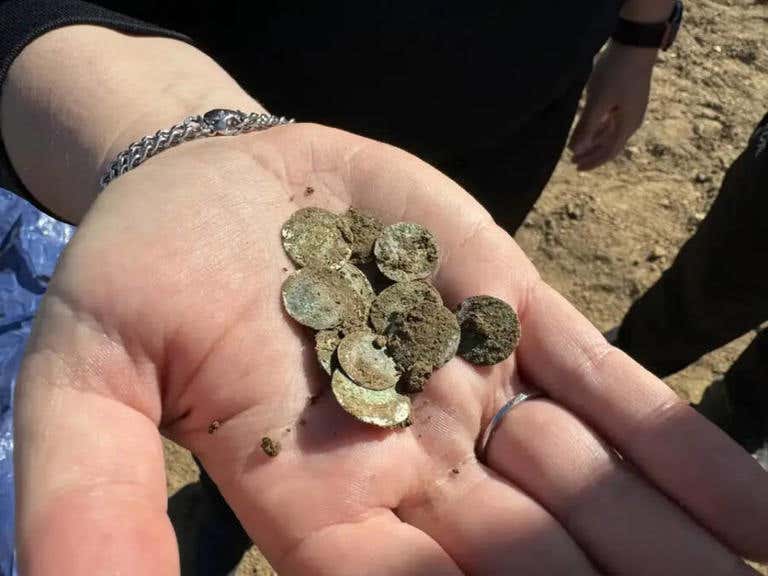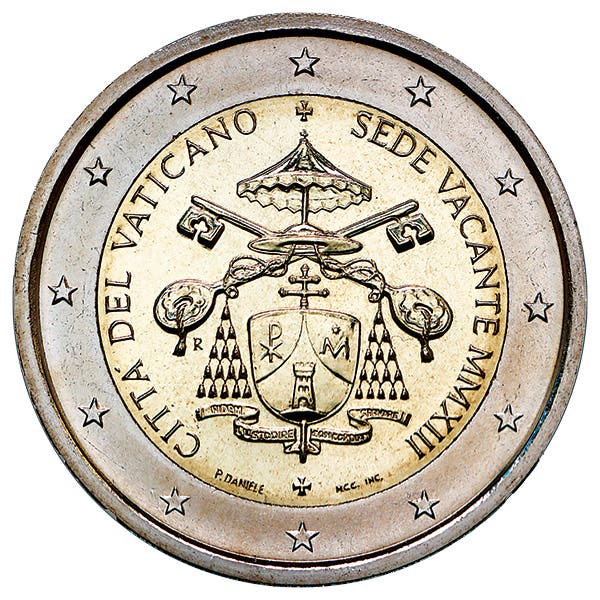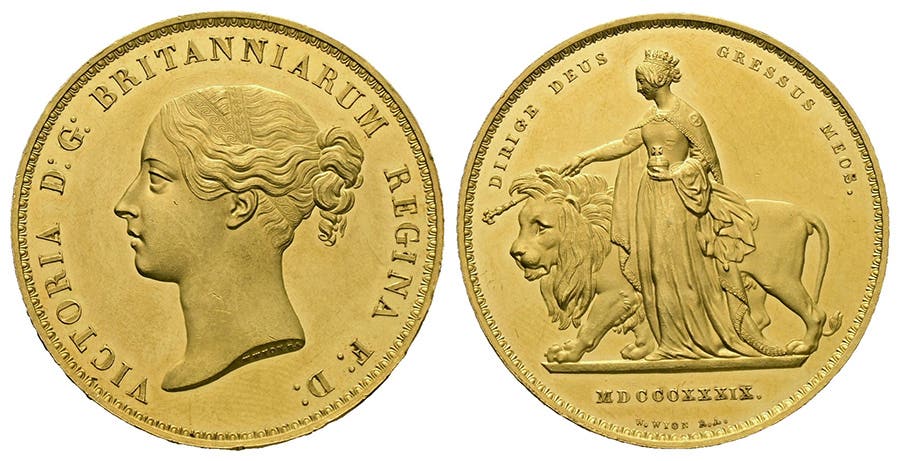British Enforce Treasure Trove Laws
Two metal detecting enthusiasts in England may not be as enthusiastic as they have been in the past. On April 28 two men were found guilty of failing to report…
Two metal detecting enthusiasts in England may not be as enthusiastic as they have been in the past. On April 28 two men were found guilty of failing to report a find of historically important Anglo-Saxon coins as required under British treasure trove laws.
Roger Pilling and Craig Best were sentenced to 10 and eight years respectively for failing to declare their find of coins minted between 874 and 879 that were buried by an unidentified Viking. The pair had been charged with possessing criminal property, that criminal property being the coins.
Best took two rare coins of Alfred “the Great” of Wessex and one of Ceolwulf II of Mercia (848-899), East Anglia and Kent (ruled 821-823) to a meeting at a hotel at which he understood he could sell the coins to a team brokering a deal with a U.S.-based buyer. The team was comprised of undercover police investigating the case as Operation Fantail.
These three coins were part of a hoard discovered in a farm field in Leominster, Herefordshire in 2015. The hoard has been estimated to have initially included about 300 coins. A raid of Pilling’s home recovered 41 additional coins from the hoard. The balance has not been recovered. Pilling did not discover the hoard but has refused to identify from whom he obtained the coins he was attempting to sell.
Best contacted U.S.-based Professor Ronald Bude in 2018, hoping to encourage Bude to purchase the Alfred silver penny. According to court records, Bude questioned the authenticity of the coins, contacting a coin expert at the Fitzwilliam Museum in Cambridge. Authorities were contacted by the museum, resulting in the undercover operation through which Pilling and Best were arrested.
Durham Constabulary Deputy Superintendent Lee Gosling said, “This is an extremely unusual case. It is not very often we get the chance to shape British history. It is astonishing that the history books need rewriting because of this find.”
Durham Crown Court Judge James Adkin said the coins were of “immense historical significance.”
According to numismatists at the Fitzwilliam Museum the coins included a “King Alfred two-emperors type silver penny, that “Prior to 2015, only two coins of that type had been discovered.”
Prosecutor Matthew Donkin said, “The majority of the coins are of a comparatively rare type known as cross or lozenge. Two of them are the extremely rare two-emperor type.”
British Museum Curator of Early Medieval Coins Gareth Williams said, “The coins literally enable us to rewrite history.”
Williams continued, “It is not very often we get the chance to shape British history. It is astonishing that the history books need rewriting because of this find.” A BM study of the surviving hoard coins has helped understand late ninth century politics, Alfred, and history of the formation of England, according to Williams.
Little is known about Ceolwulf, however until the discovery of these coins it was understood Ceolwulf was likely a minor puppet for the Vikings. These coins suggested Ceolwulf and Alfred were likely equals and allies. It is now being suggested there may be a need to reappraise the narrative of Alfred, who is currently generally regarded as the hero who saved England from Viking rule almost by himself.
Alfred won a decisive victory over Viking invaders at the Battle of Eington in 1878. This resulted in an agreement with the Vikings that divided England between the Anglo-Saxon territory and the Viking-ruled areas of Scandinavian York, northeast Midlands, and East Anglis under the Danelaw.
Alfred has been understood to have succeeded to Ceolwulf’s kingdom, which consisted of western Mercia and Guthrum.
According to the Anglo-Saxon Chronicle, “And the same year [874] they [the Great Heathen Army] gave Ceolwulf, an unwise king’s thane, the Mercian kingdom to hold; and he swore oaths to them, and gave hostages, that it should be ready for them on whatever day they would have it; and he would be ready with himself, and with all those that would remain with him, at the service of the army.”








